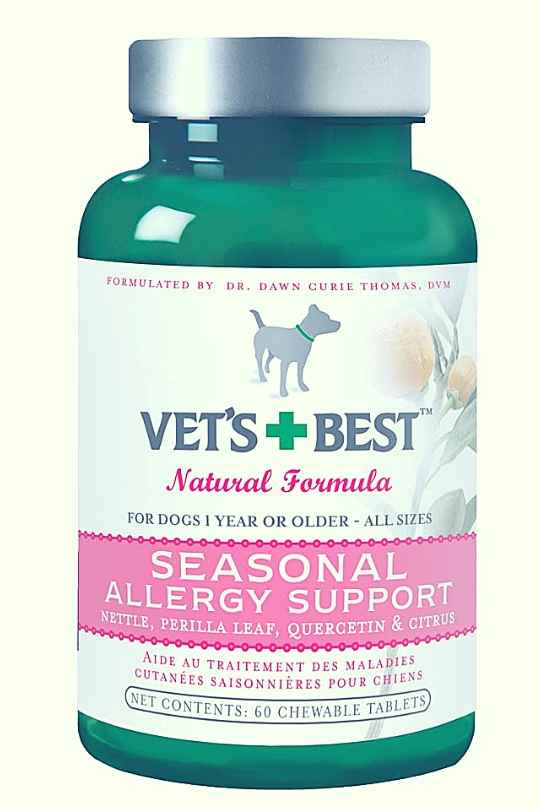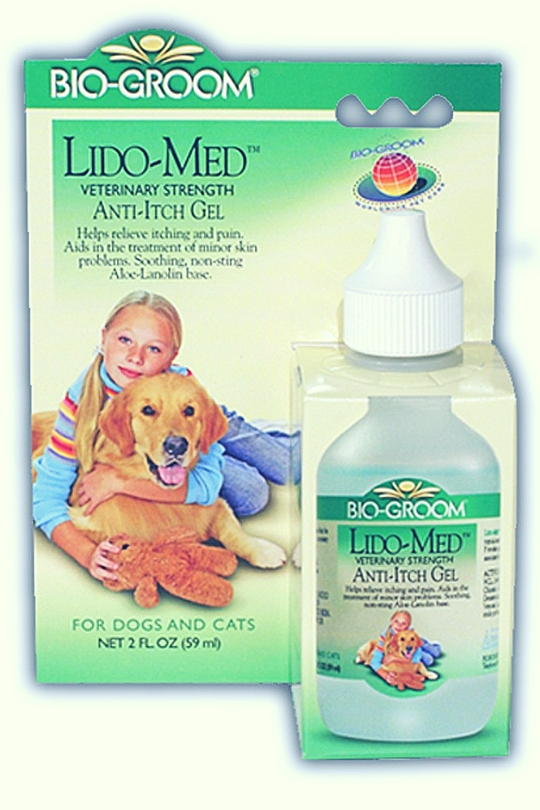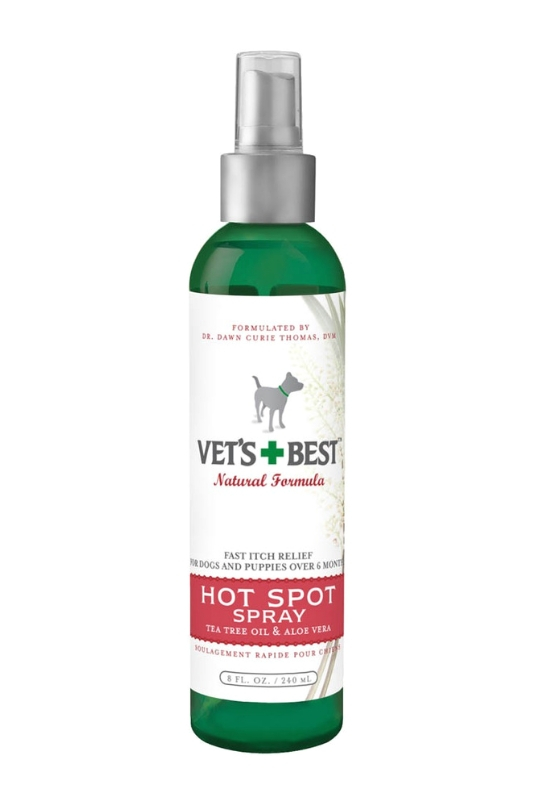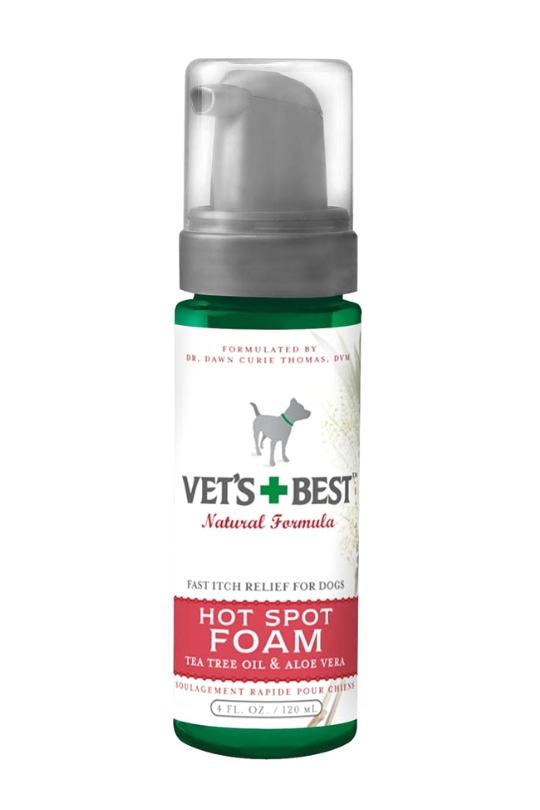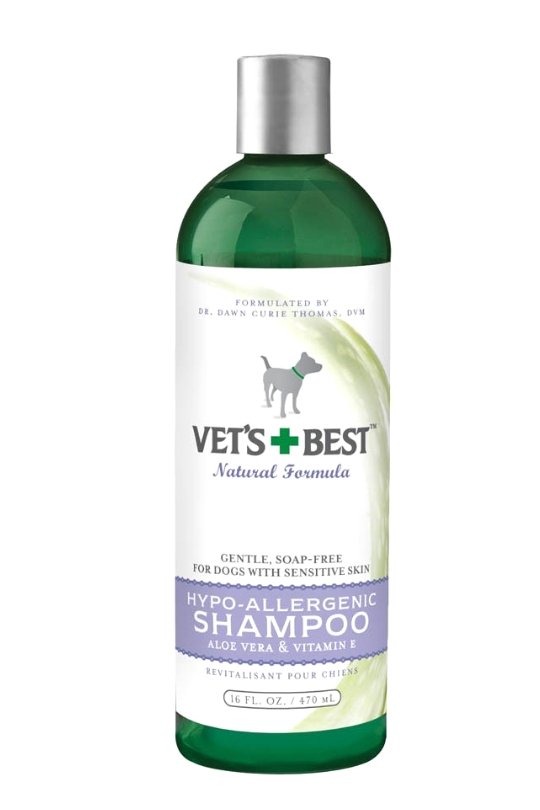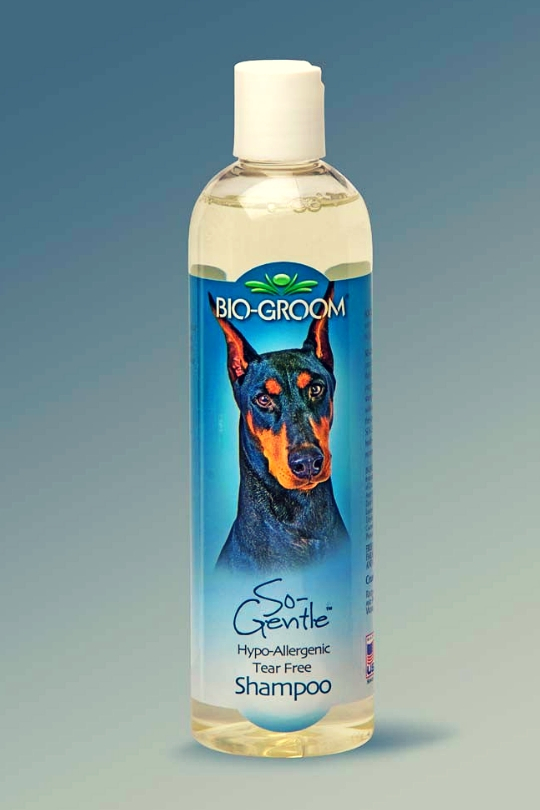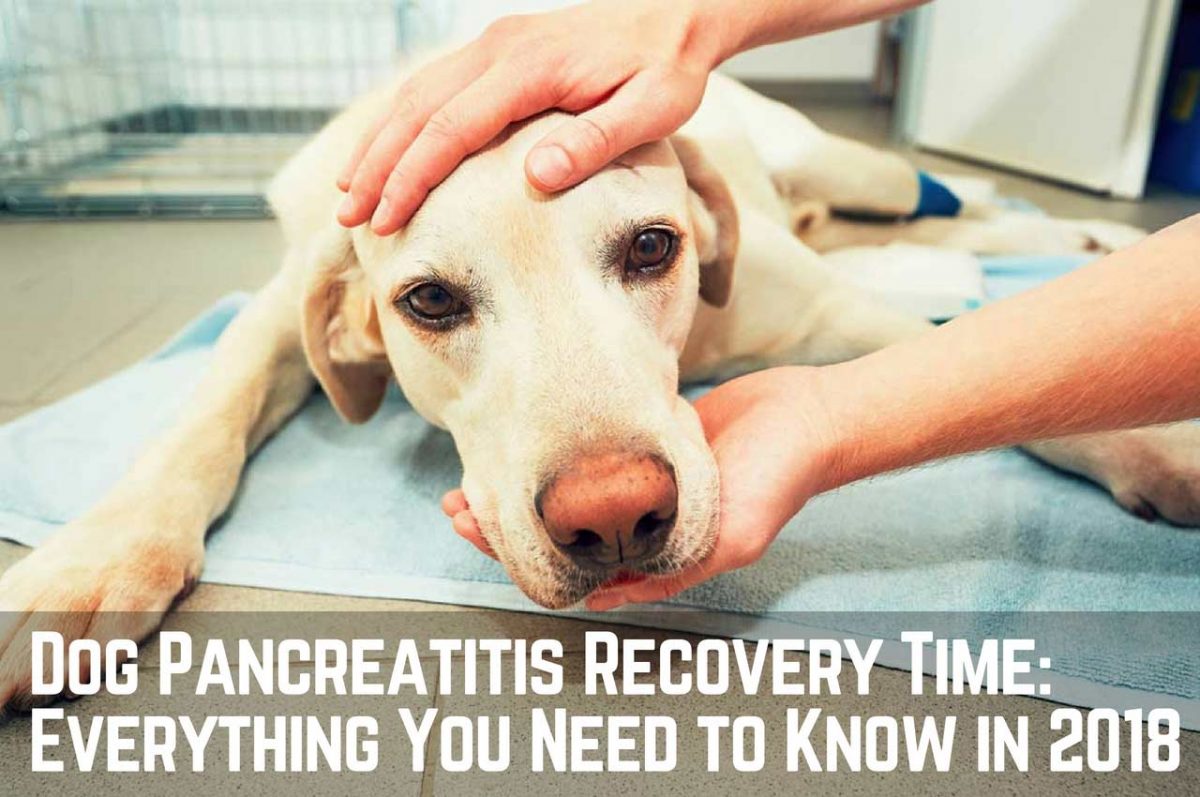Should You Use Benadryl for Your Dogs?
Benadryl, which is also known by its generic name of diphenhydramine, is one of a small number of over-the-counter drugs that are recommended by veterinarians. However, a majority of dog owners still have concerns regarding this medication.
Is it safe for dogs? What conditions can it treat? Does it have any side effects? The truth is, Benadryl can be pretty beneficial when used in the right proportions.
This article explains what you should know before administering Benadryl to your pooch.
What is Benadryl?
For starters, Benadryl is a type of antihistamine, which works by impeding the H-1 receptors on smooth muscle and blood vessels. More specifically, Benadryl is a brand name for an allergy-relieving medication administered to dogs.
Just like we humans, dogs can suffer from a range of allergic reactions. When exposed to an allergen, dogs experience unpleasant signs and symptoms such as itchiness, runny eyes, sneezing, vomiting, swollen paws among others.
Benadryl, with the diphenhydramine acting as its active ingredient, is one of the safest and most effective treatments for the different symptoms.
What Are My Other Options To Relieve My Dog's Allergy Symptoms?
As human, it's common for us to want to give our dogs the same medication as we take.
"If it works for me, why wouldn't it work for my dog...right?"
Unfortunately that's not always the case, and in many instances it's a good idea to try and prevent your dog's allergy symptoms from the on-set rather than just treating their symptoms after they occur with a Benadryl pill.
Below are a list of dog allergy relief products that have been tested and proven to work to prevent your dog's allergy symptoms before they occur. Trust me when I say this - your dog will LOVE you for doing the right thing to try and make him lead a more comfortable life regardless of the allergies he or she has!
Alternatives For Dog Allergy Relief
Product Image | Product Name | Customer Reviews | |
|---|---|---|---|
| |||
Bio-Groom Lido-Med Veterinary Strength Anti-Itch Gel 2oz | |||
Vet's Best Hot Spot Spray 8oz | |||
Veterinarian's Best Hot Spot Foam 4oz | |||
Vet's Best Hypo-Allergenic Shampoo 16oz | |||
Bio-Groom So-Gentle Hypo-Allergenic Shampoo 12oz |
When to Ask your Veterinarian about Benadryl for Dogs?
Before rushing to the drug store to purchase Benadryl, the first stop you should make is at your veterinarian’s. If your pooch is showing allergic reactions such as itching and red eyes, they could be an indication of a more severe condition. With some diseases like glaucoma, administering Benadryl will only aggravate the condition.
If you notice that your dog’s eyes have turned red and goopy, this can either be an allergy or an indication that he’s suffering from an eye disease such as glaucoma or dry eye. In the latter case, Benadryl will confer no benefit.
On the same note, itchiness is a sign of both allergic reactions and skin conditions. Since Benadryl is not suitable for treating skin ailments, it’s prudent that you seek expert advice from your vet so as to ensure that you’re giving your furry friend the appropriate medication.
Benadryl’s Uses for Dogs

Benadryl is used to treat a range of conditions in dogs. For one, it helps in alleviating the numerous symptoms of allergies in dogs. These include swelling, runny eyes, itchiness, and sneezing. These allergic reactions could stem from a number of things; ranging from seasonal allergens to stings, other medications or vaccines.
Since the key ingredient- diphenhydramine- works in almost the same way as Dramamine, it helps in minimizing feelings of nausea and sickness. Like humans, certain dogs have a phobia for flights and car rides. Benadryl can help to reduce such symptoms.
What’s more, Benadryl has sedative properties that make it an excellent treatment for anxiety. So if you notice that your pooch is getting too anxious during a storm or fireworks, administering Benadryl can prevent the onset of anxiety attacks. Also, if your dog is suffering from insomnia, Benadryl can help by making him fall asleep faster.
Side Effects of Benadryl
The undesirable outcomes that your pooch might experience from this medication are similar to the side effects that humans also go through. Some dogs feel drowsy, others become sluggish while others have urinary retention.
There are side effects that are not too common and they include:
Benadryl Overdose
One common problem among dog owners is giving their pets an overdose of this medication. You will know that you’ve given your dog an overdose if he experiences hyper-excitability of his central nervous system.
Some of the noticeable signs that you should keep an eye on are:
If you observe any of these signs, you should make a point of taking him to the veterinarian or an emergency vet hospital.
There are certain dog breeds that develop allergies to Benadryl. If you’re administering this medication for the first time, monitor him closely to confirm that his allergies aren’t getting worse.
What is the Right Benadryl Dosage for Dogs?
As mentioned earlier, the first professional you should consult before giving your pooch Benadryl is a veterinarian. Depending on the severity of the allergy, a vet will recommend between 2 and 4 milligrams of Benadryl for every kilogram of his body weight. Also, you should administer it for 2 to 3 times a day. But this will differ based on your dog’s health status.
Another thing to be cautious about is to avoid giving your dog, medications in time-release capsule form. The reason for this is that dogs absorb medications differently from how humans do. Besides, there’s a possibility that the capsules will break open, forcing your dog to chew and swallow them. This will have a negative implication as your pooch will end up ingesting too much Benadryl in one go.
Benadryl requires about half an hour to start taking effect. As such, you should plan well if you’ll be using it to treat anxiety or motion sickness in your dog. If your dog is taking Benadryl to alleviate allergies, he will need daily dosages, though you should confirm just what amount he should be taking on a daily basis.
Is Benadryl Safe for Dogs?
Overall, Benadryl is a pretty safe drug for dogs. But this only applies if you use it correctly, as per the instructions of your veterinarian. Still, you should monitor him and watch out for any changes in behavior, appetite, playtime and more.
However, there are a couple of instances where you should avoid Benadryl:
- Not safe for puppies - If you’re dealing with a little pup, you should consult a professional first. The same way people are careful when giving medications to their babies is the same way you should be careful with your pup.
- Avoid cold/sinus medications - secondly, you should never administer other cold or sinus medicine like fever reducers, expectorants, and decongestants. Diphenhydramine is the only recommended ingredient for treating allergies in dogs.
The Bottom Line
Benadryl is an over-the-counter medication, which is administered to dogs suffering from allergies. Diphenhydramine, the key ingredient in Benadryl, works by blocking the uptake of histamine; hence, relieving swelling and other allergic reaction symptoms.
Nonetheless, you need to consult your veterinarian before giving your pooch any medication, including over-the-counter ones such as Benadryl.



